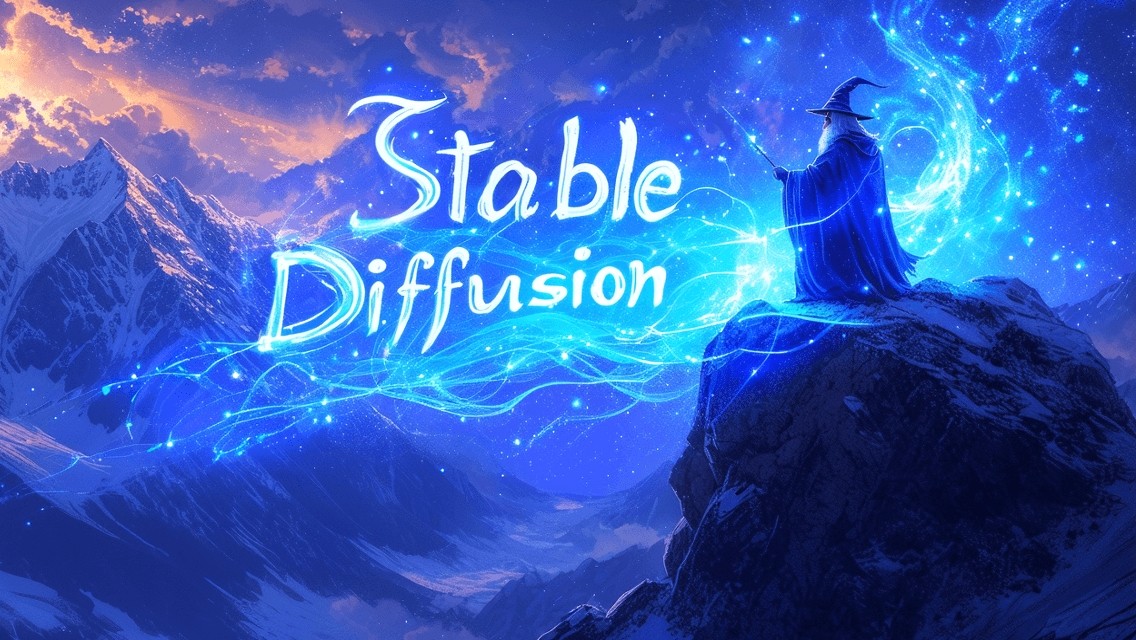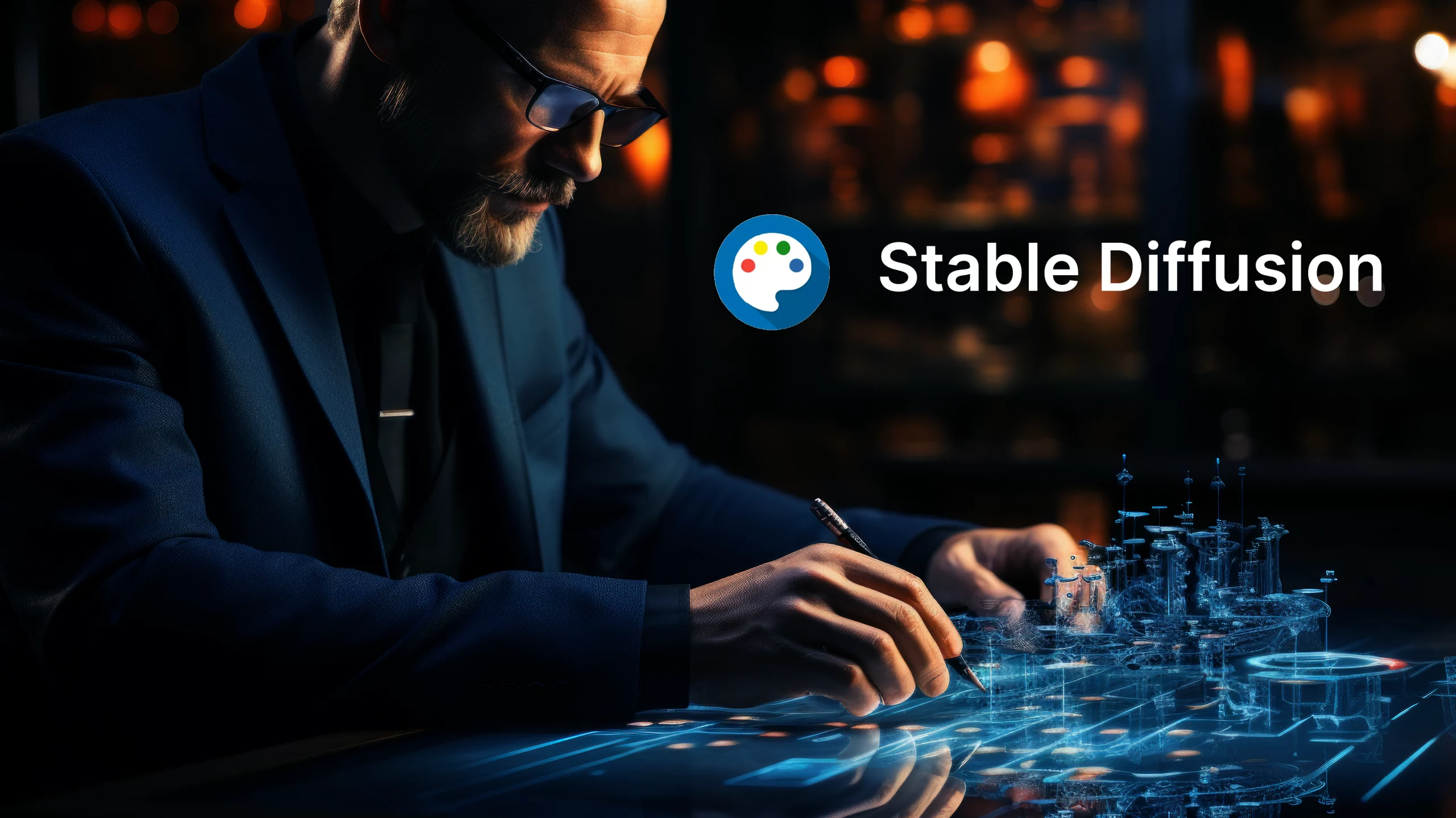As the use of artificial intelligence in early disease detection continues to expand, a recent study shows that AI also shows great potential in combating mental health crises. This study, published in JAMA Network Open Journal, reveals that AI can effectively identify patients at risk of suicide, providing a prevention tool for daily medical settings.

Two methods of alerting physicians to suicide risk were explored in the study: a proactive "pop-up" alert that requires immediate attention; and a passive approach that displays risk information in the patient's electronic medical record. The results showed that active alarms were significantly more effective than passive methods, prompting doctors to assess suicide risk in 42% of cases, compared with only 4% for passive systems. This study also highlights the importance of using precise tools to open conversations about suicide risk.
By combining automated risk detection with carefully designed reminder mechanisms, this innovation offers hope for identifying and supporting more individuals in need of suicide prevention services. Colin Walsh, associate professor of biomedical informatics, medicine and psychiatry at Vanderbilt University Medical Center, emphasized the urgency of this innovation. "Most people who commit suicide have seen a medical provider in the year before death, often for reasons unrelated to mental health," he noted.
The study also noted that 77% of those who committed suicide had contact with a primary care provider in the year before suicide, a finding that highlights the critical role of AI in filling the gap between routine medical care and mental health intervention. The study tested Vanderbilt's AI-powered system, the Suicide Attempt and Intent Likelihood Model (VSAIL), which analyzes routine data from electronic health records to estimate a patient's risk of attempting suicide within the next 30 days. After flagging high-risk patients, doctors are prompted to have targeted mental health conversations.
"Comprehensive screening is not practical everywhere, but VSAIL helps us focus on high-risk patients and inspire meaningful screening conversations," said Walsh. Although the results are encouraging, the researchers also highlight the benefits of proactive reminders balance the benefits with the disruption it may cause in your workflow. The authors suggest that similar systems could be adapted for other medical specialties to expand their reach and impact.
In 2022, the University of Cambridge published a paper using PRISMA standards (Preferred Reporting Items for Systematic Reviews and Meta-Analyses) to evaluate the situation of high-risk suicide patients.
Paper entrance: https://jamanetwork.com/journals/jamanetworkopen/fullarticle/2828654?#google_vignette
AI courses are suitable for people who are interested in artificial intelligence technology, including but not limited to students, engineers, data scientists, developers, and professionals in AI technology.
The course content ranges from basic to advanced. Beginners can choose basic courses and gradually go into more complex algorithms and applications.
Learning AI requires a certain mathematical foundation (such as linear algebra, probability theory, calculus, etc.), as well as programming knowledge (Python is the most commonly used programming language).
You will learn the core concepts and technologies in the fields of natural language processing, computer vision, data analysis, and master the use of AI tools and frameworks for practical development.
You can work as a data scientist, machine learning engineer, AI researcher, or apply AI technology to innovate in all walks of life.







